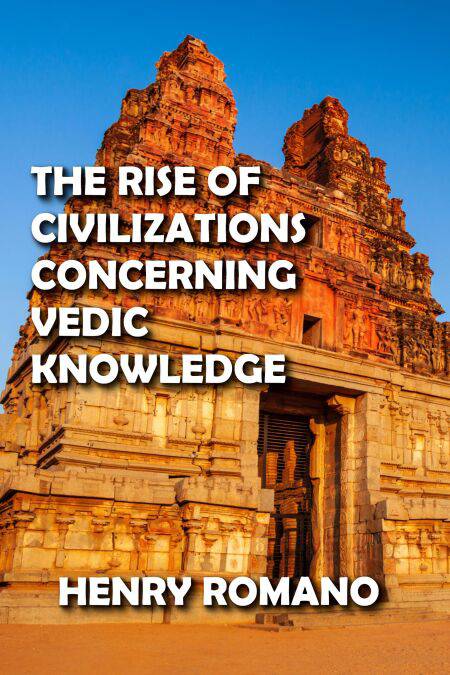
- Afhalen na 1 uur in een winkel met voorraad
- Gratis thuislevering in België vanaf € 30
- Ruim aanbod met 7 miljoen producten
- Afhalen na 1 uur in een winkel met voorraad
- Gratis thuislevering in België vanaf € 30
- Ruim aanbod met 7 miljoen producten
Omschrijving
Between 3300 and 2900 BC, archaeologists believe that civilization (the rise of Sumeria, the Indus Valley Civilization, and Egypt) marked the beginning of complex cities. The Neolithic Revolution, when agriculture, animal domestication, pottery, and the plow came together, seems not to hold together, as we explored in the final chapter of descending Treta Yuga. There had already been millennia of critical discoveries and developments.
Why then the abrupt shift to city living, stratified societies, and overproduction of food and other goods for trade or export? Archaeologists believe that man could finally do these things — that he was using recent inventions to an additional advantage. Our study of the yugas tells us that man suddenly wanted to do these things that he was using innovations known for millennia in new ways to suit his new motivation.
Several large cities existed before descending Dwapara Yuga, but a new breed of city sprang up with Dwapara Yuga. These were larger and more complex and built around commerce. Many had shared granaries, artisans' districts, and marketplaces and were typically made on trade routes along rivers and coasts.
We also see these cities' first significant division of labor and societal stratification. Artisans, scribes, and traders all became increasingly common occupations. Furthermore, there was, of course, the tax collector. As a result, governments began levying taxes on commerce, as they had already levied tariffs on agriculture.
Sumeria and the city of Eridu are credited with being the first of the trend. Urdu is believed to have risen along the banks of the Euphrates River around 3300 BC. The famous city of Ur and dozens of others sprang up in the Tigris and Euphrates Valleys over the next 300–400 years, and Babylon was not far behind.
Specificaties
Betrokkenen
- Auteur(s):
- Uitgeverij:
Inhoud
- Taal:
- Engels
Eigenschappen
- Productcode (EAN):
- 9798201405991
- Verschijningsdatum:
- 14/08/2022
- Uitvoering:
- E-book
- Formaat:
- ePub

Alleen bij Standaard Boekhandel
Beoordelingen
We publiceren alleen reviews die voldoen aan de voorwaarden voor reviews. Bekijk onze voorwaarden voor reviews.











